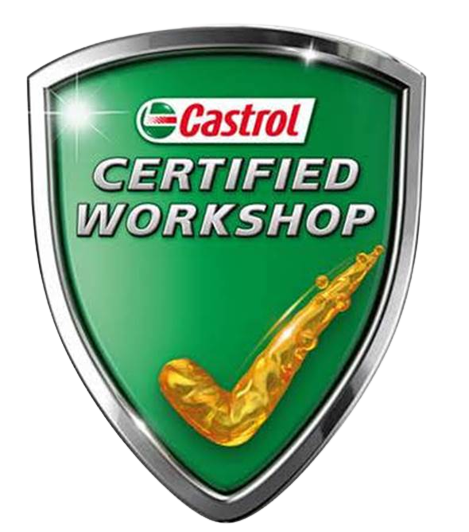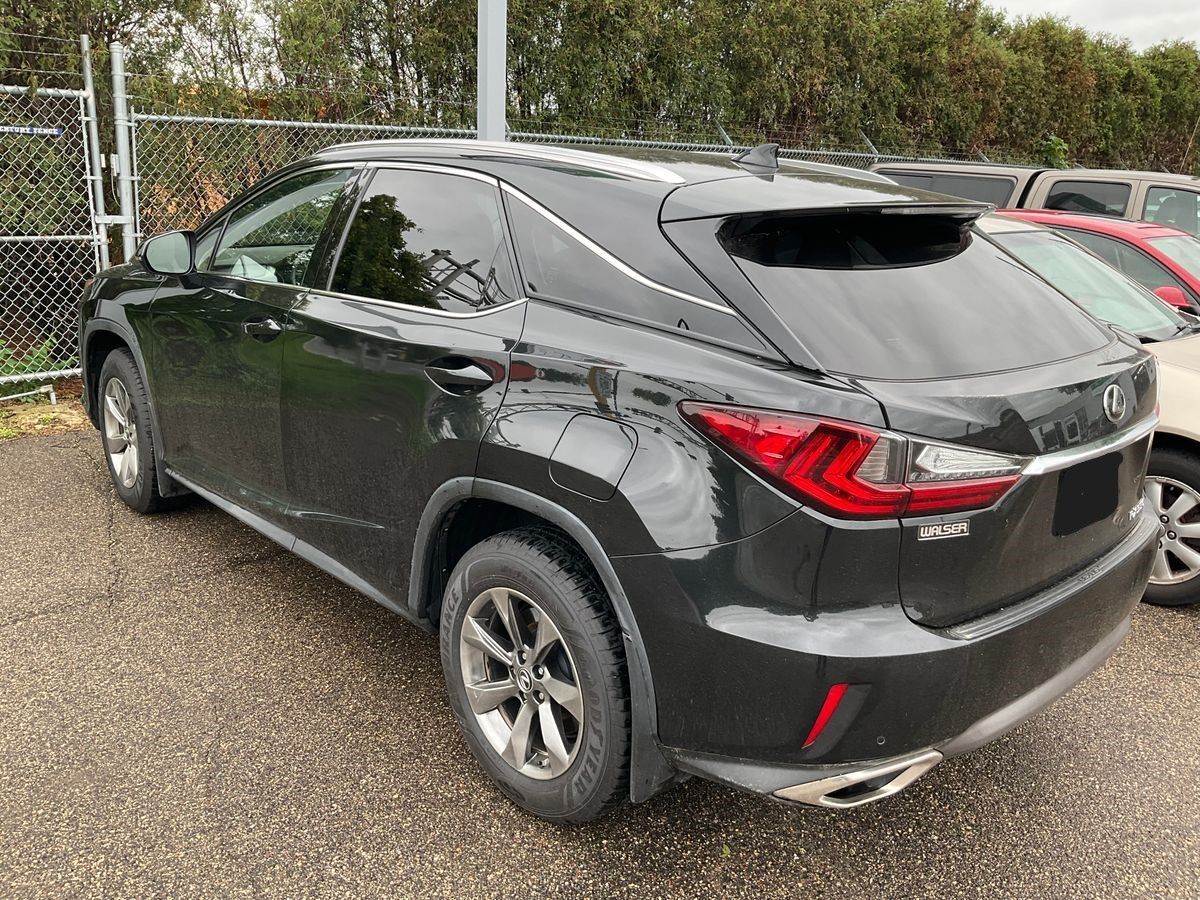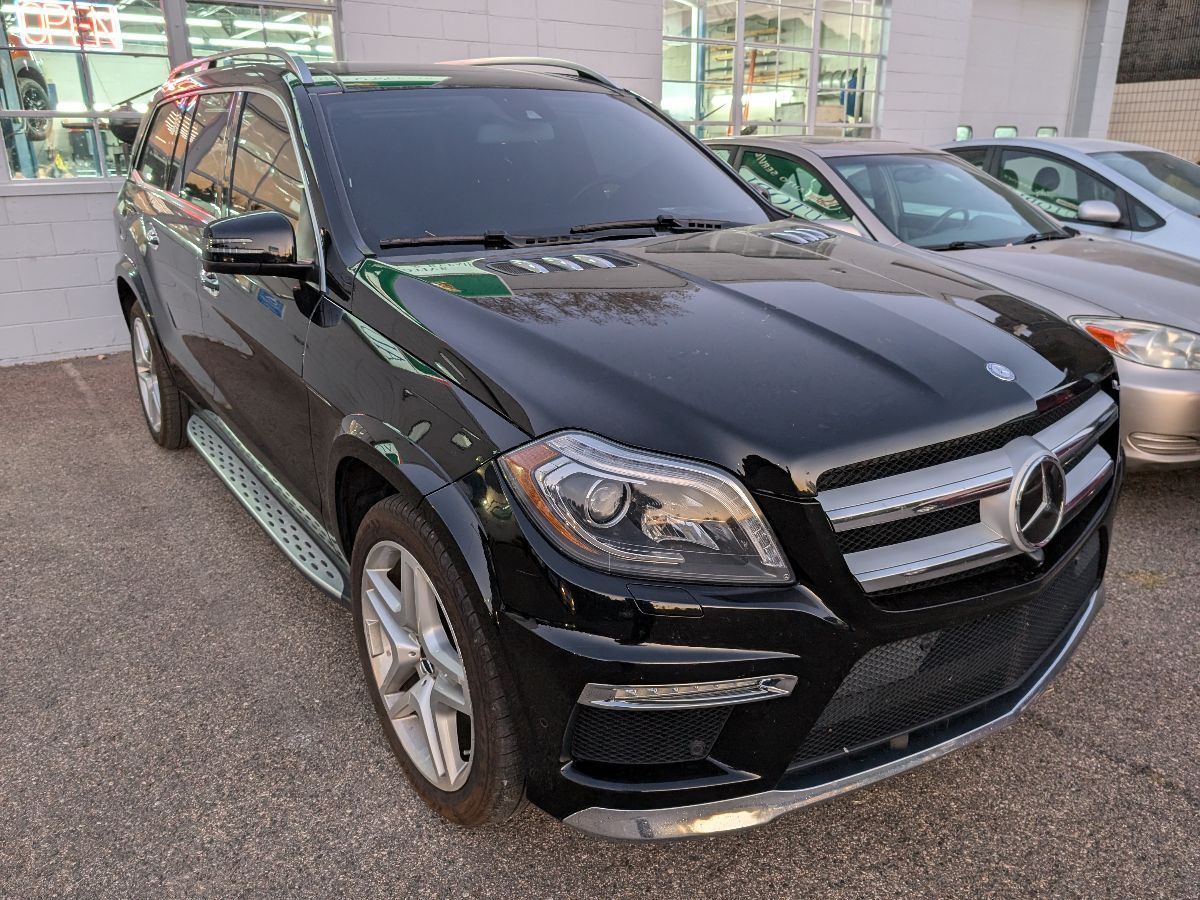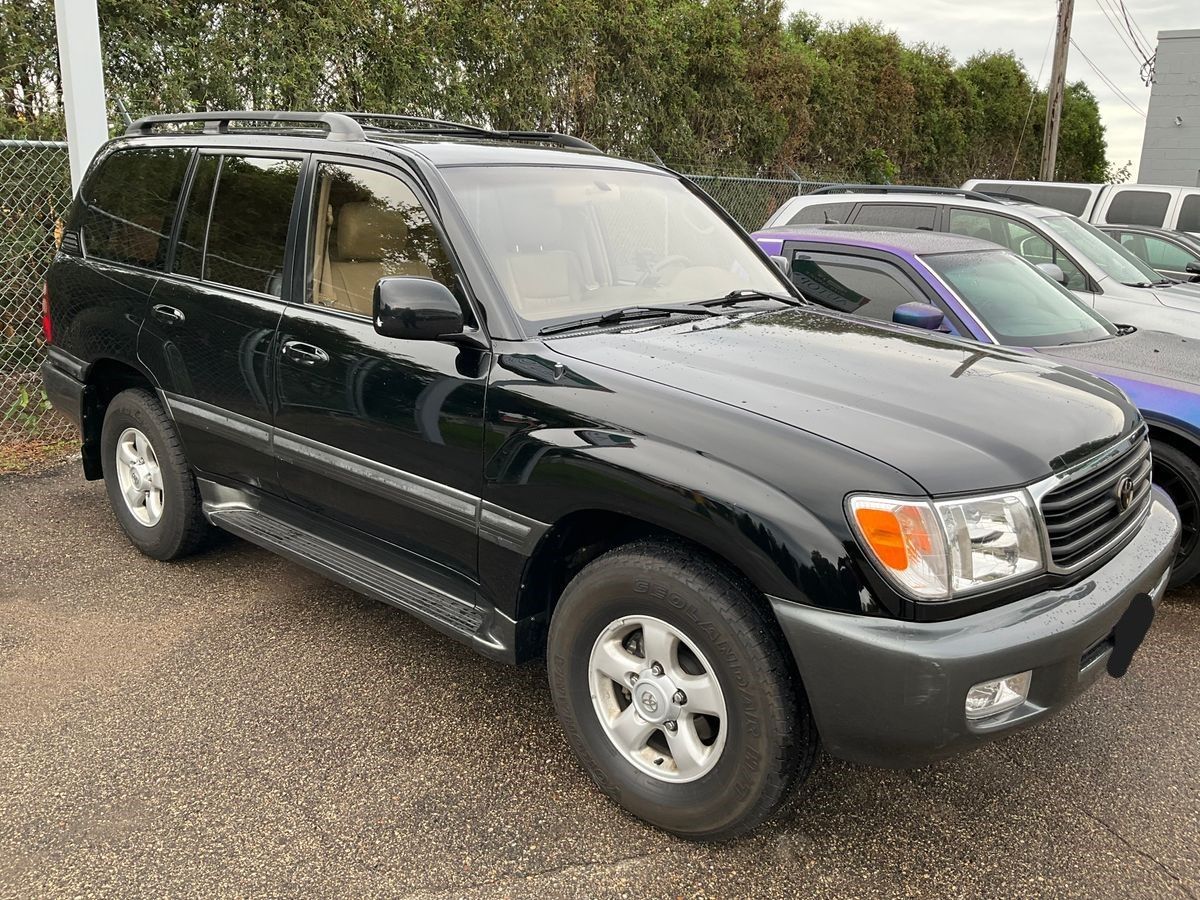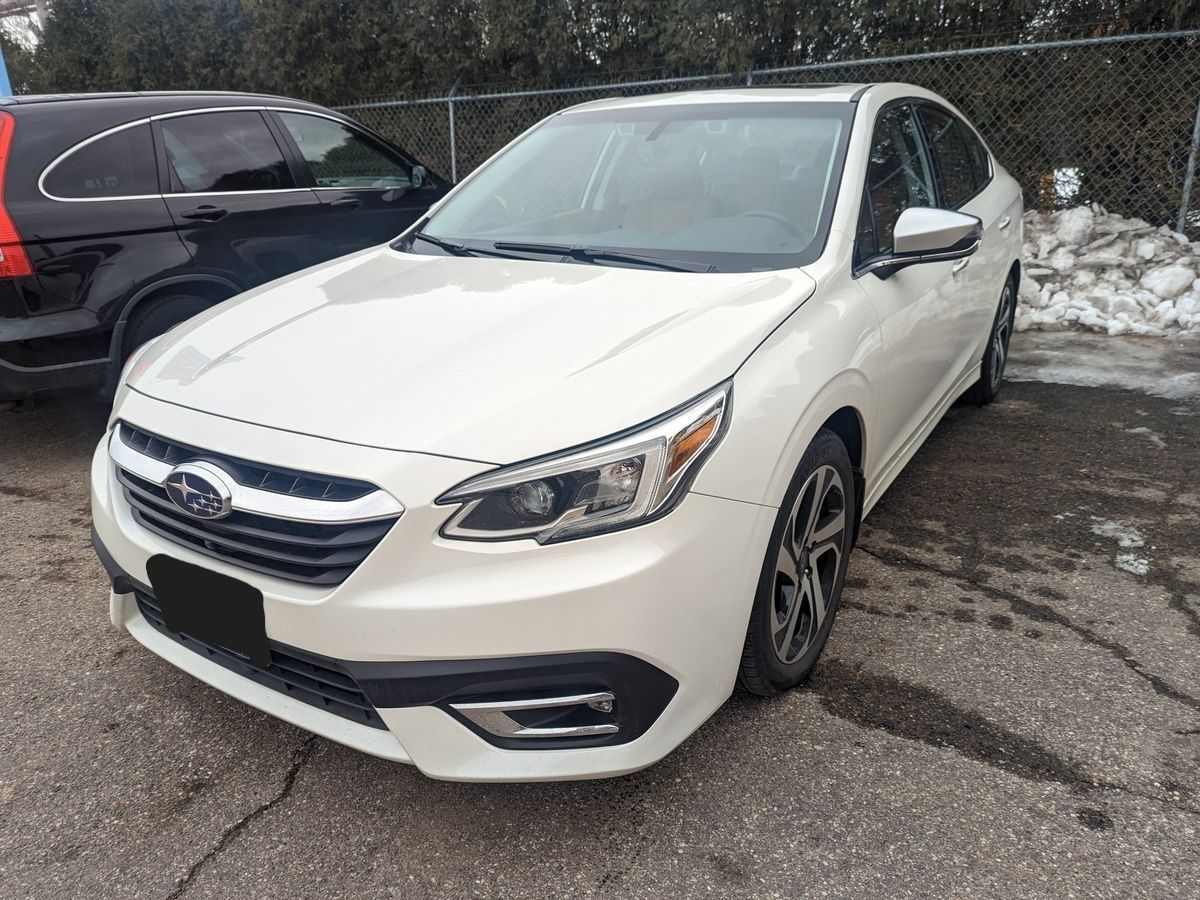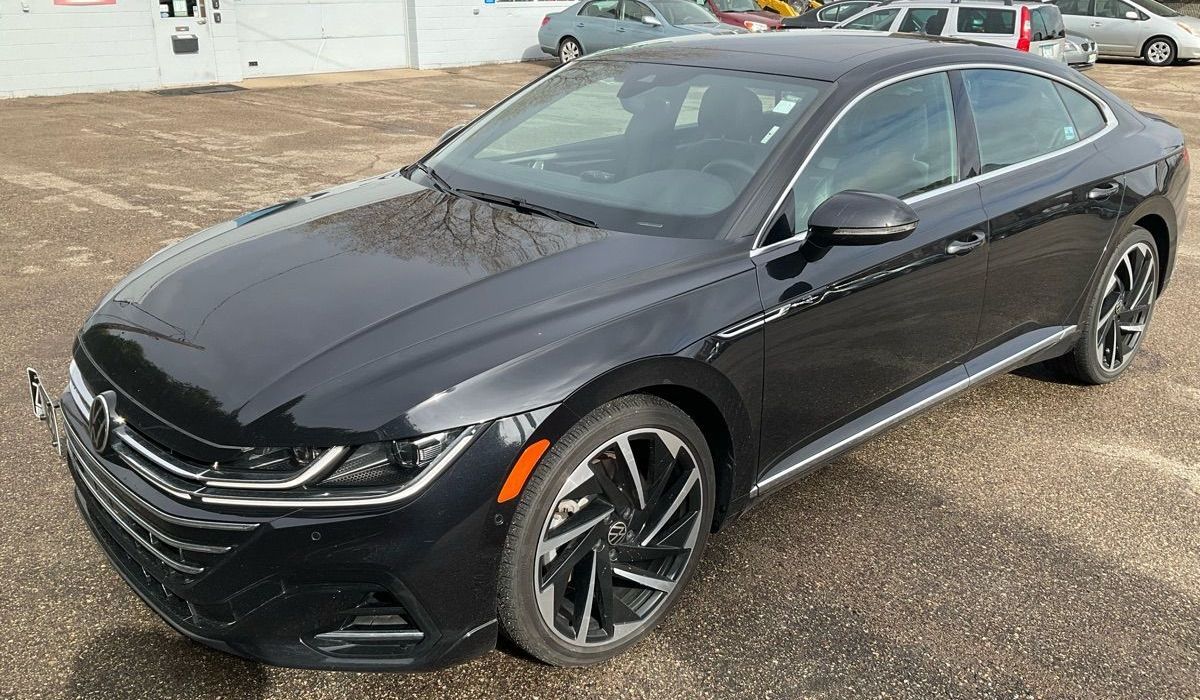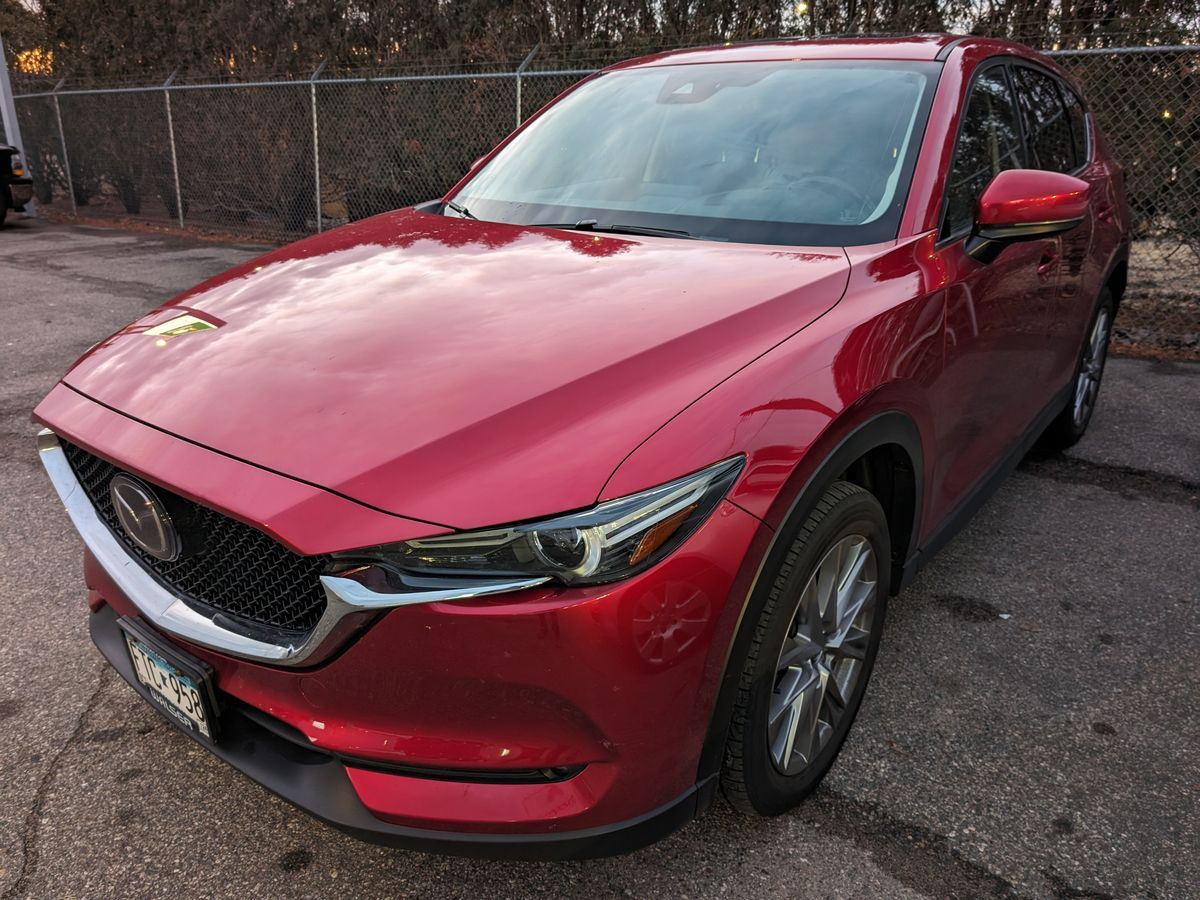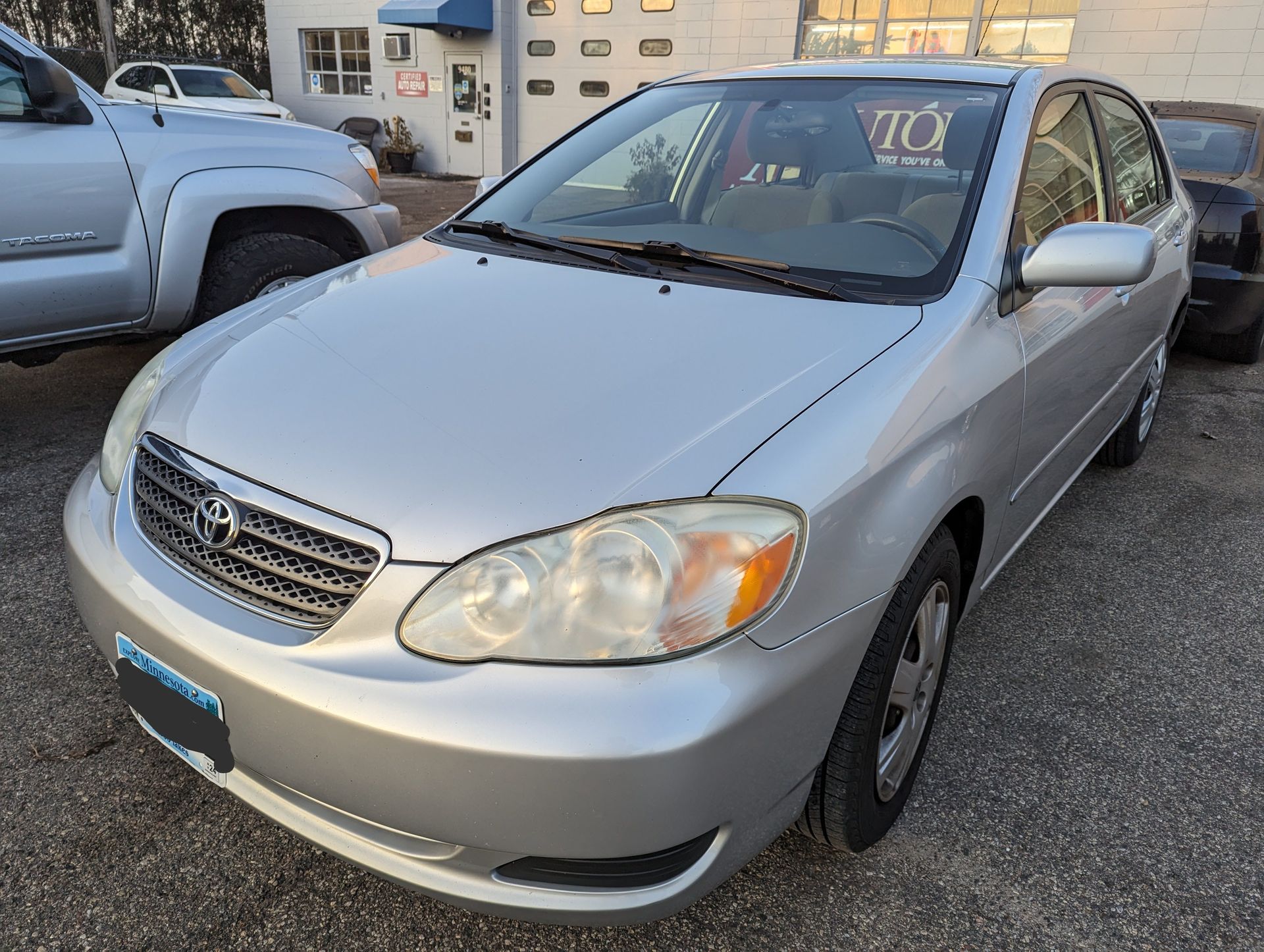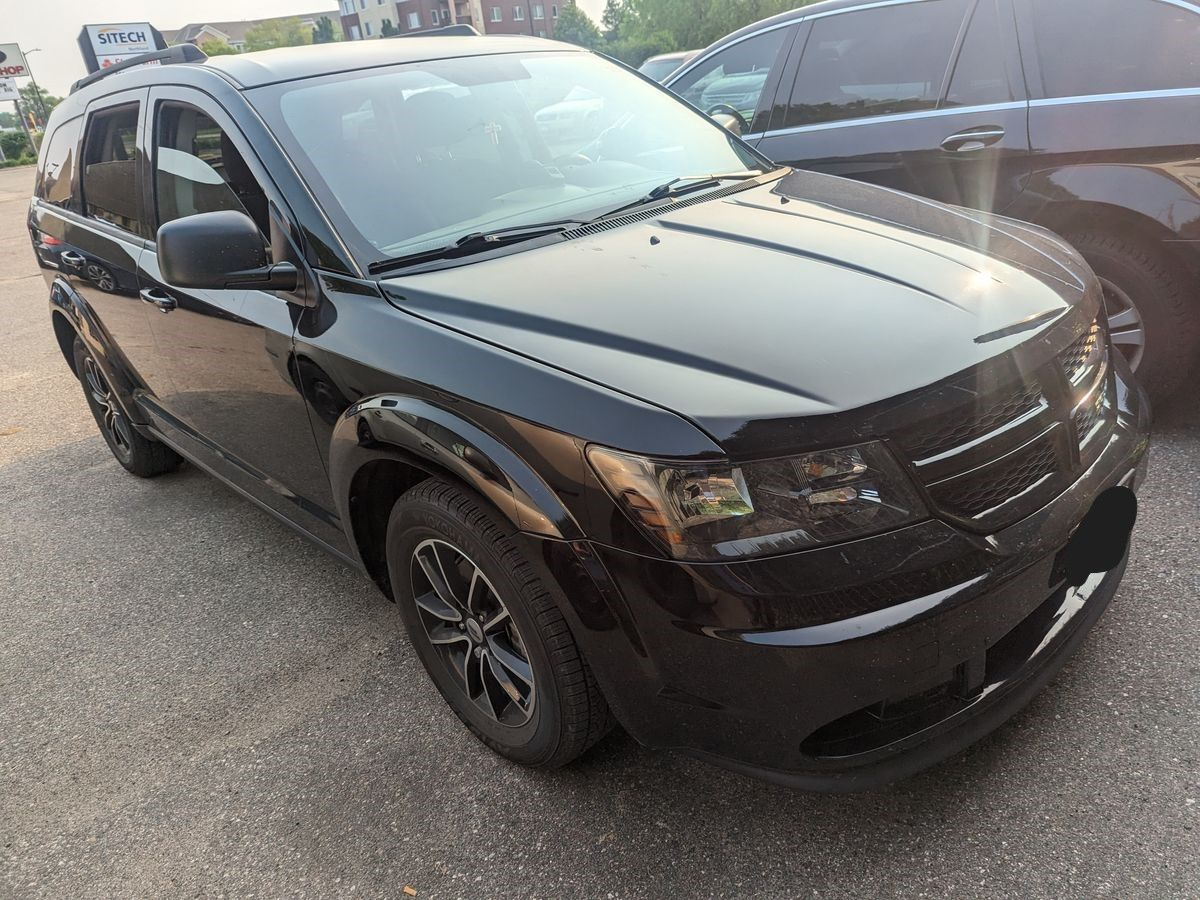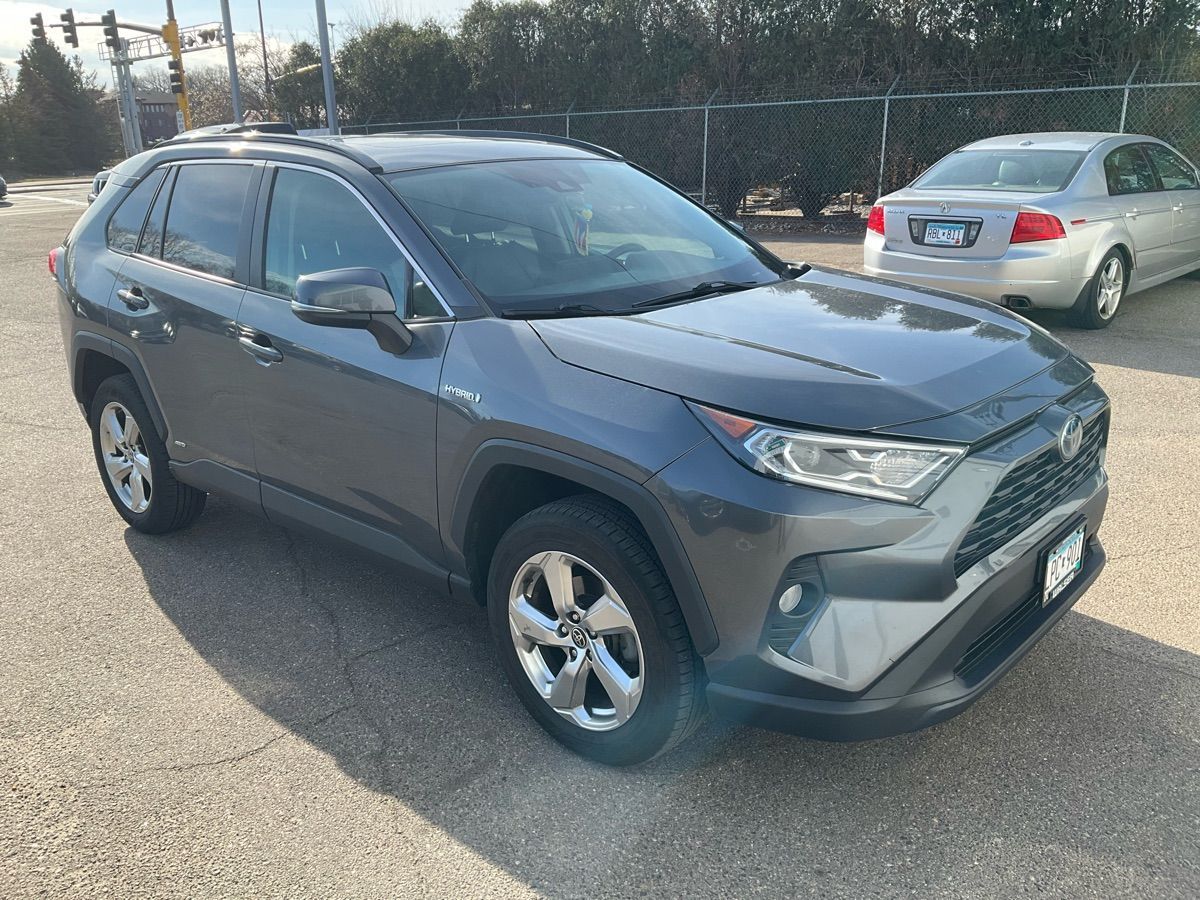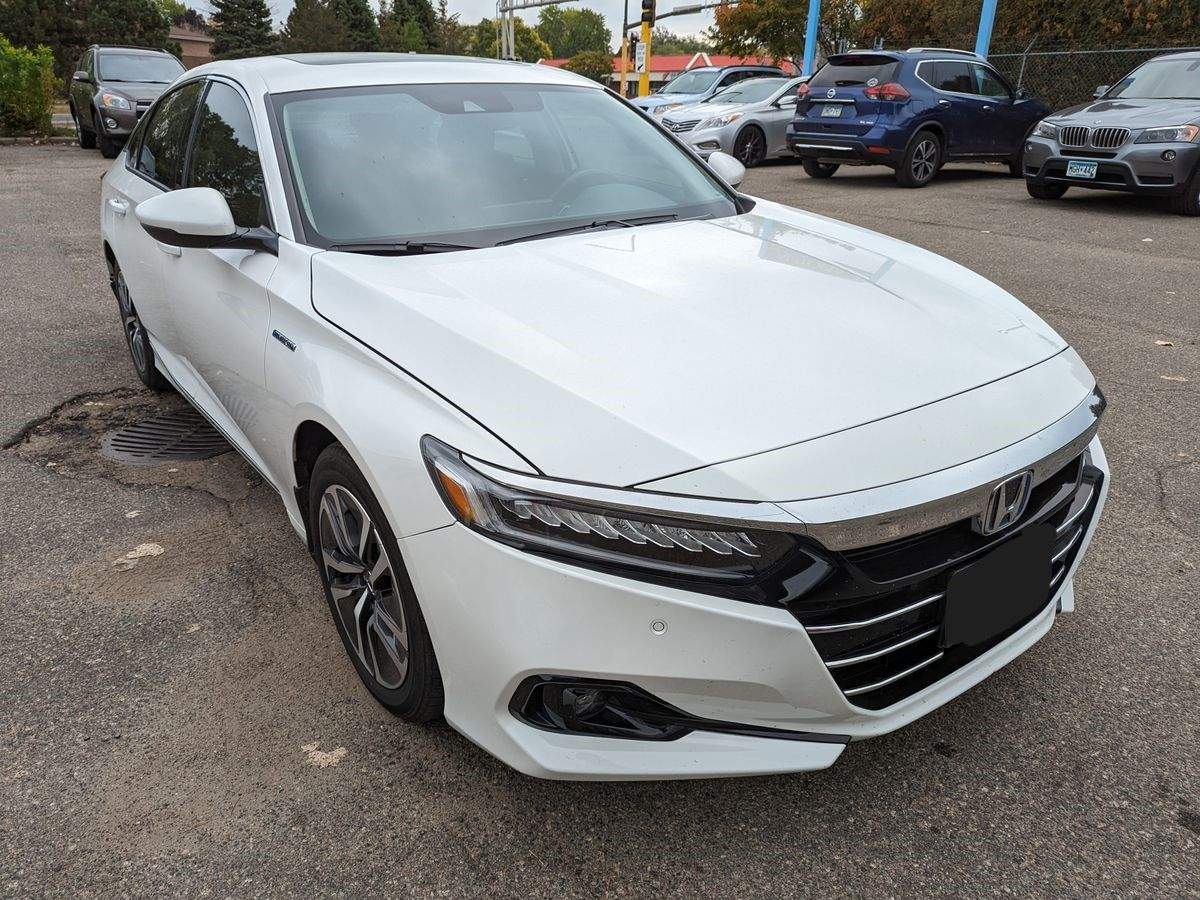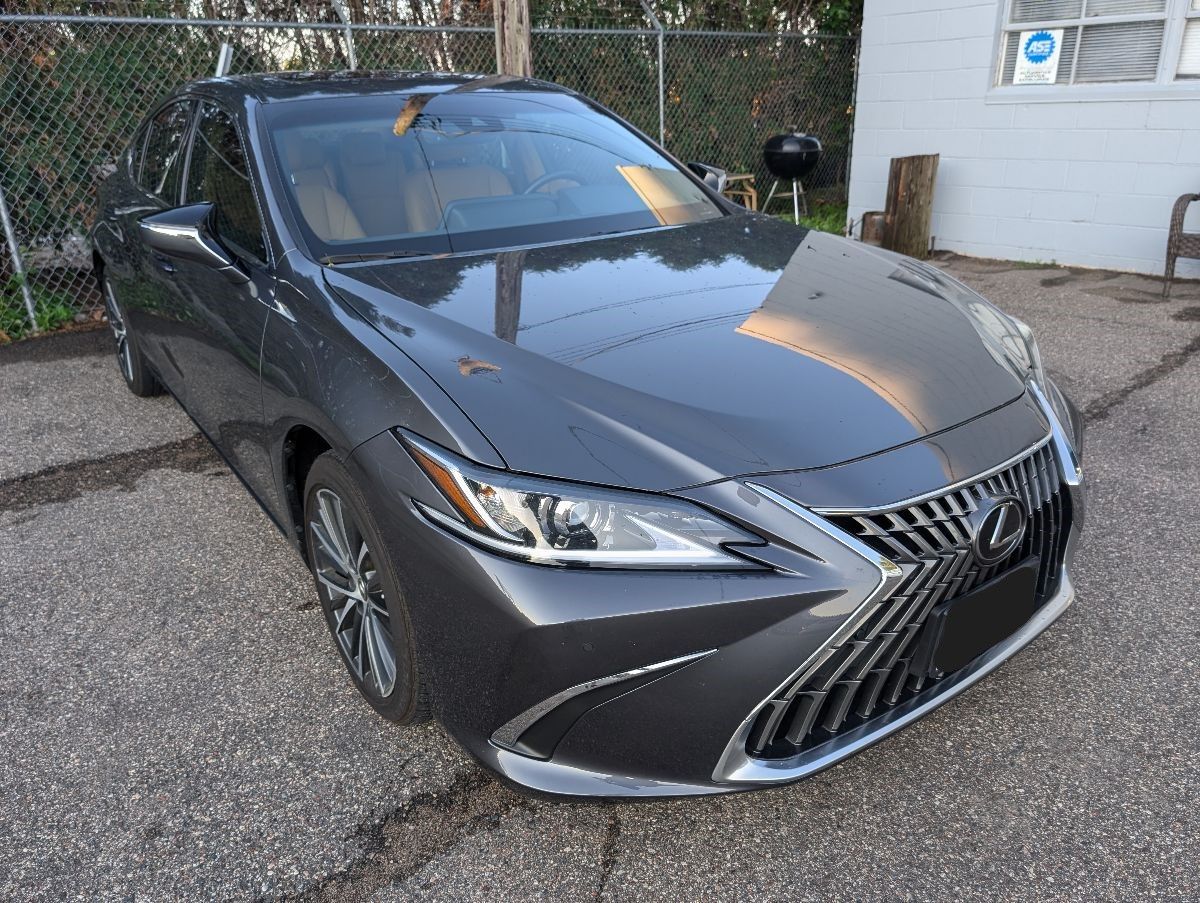Blog #127: Essential Car Safety Checks Every Owner Should Schedule in Bloomington
Blog #127: Essential Car Safety Checks Every Owner Should Schedule in Bloomington
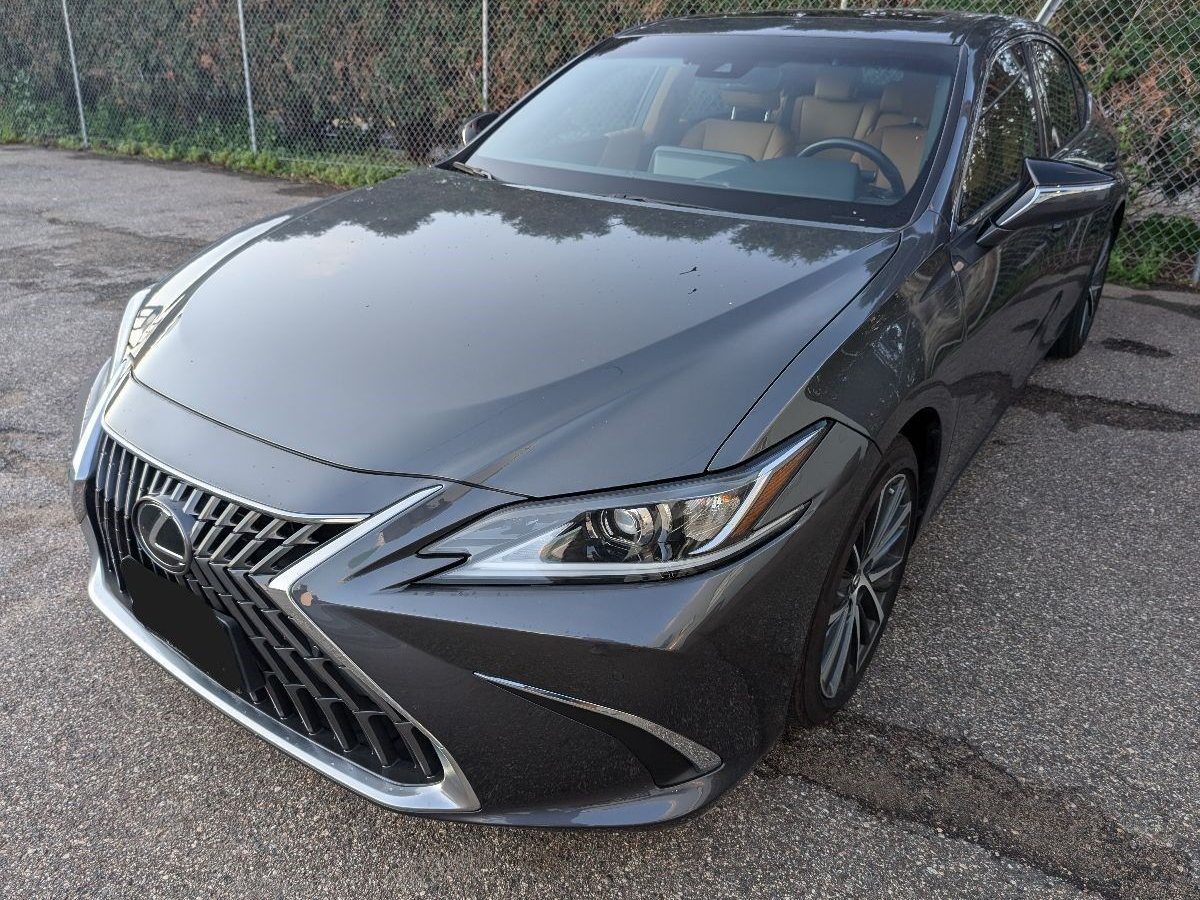
At
Autopia Bloomington, we know that the health of your car isn’t just about performance — it’s about safety. While many drivers stay on top of oil changes and tire rotations, routine safety checks often get overlooked. These inspections can be the difference between a smooth ride and a dangerous breakdown.
In this guide, we’ll cover why safety checks matter, which ones every driver should schedule, and how you can stay ahead of costly or hazardous issues.
Why Routine Safety Checks Matter
Your vehicle is a complex system of moving parts, electronics, and safety components. Even if your car feels like it’s running fine, hidden issues can put you at risk. Safety checks are designed to catch problems early, before they become expensive repairs or, worse, cause an accident.
At Autopia Bloomington, we see every day how regular inspections save drivers money and stress while ensuring confidence behind the wheel.
The Must-Schedule Safety Checks (What to Inspect and Why)
1. Brakes
Your brakes are your car’s most important safety feature. Worn brake pads, warped rotors, or low brake fluid can dramatically increase stopping distance.
Why it matters: Ignoring brake issues can result in accidents and costly repairs.
What to do: Schedule annual brake inspections — or sooner if you notice squealing, grinding, or vibration.
2. Tires
Your tires are the only point of contact between your car and the road. Bald spots, uneven wear, or low tread depth can reduce traction, especially in Bloomington’s icy winters.
Why it matters: Poor tire condition increases the risk of blowouts and accidents.
What to do: Rotate tires regularly, maintain proper inflation, and replace them when tread is worn.
3. Steering and Suspension
A vehicle that doesn’t steer or handle properly puts you and others at risk. Damaged suspension components can also cause uneven tire wear.
Why it matters: Steering and suspension affect control and stability.
What to do: Get your suspension checked if you notice pulling, bouncing, or unusual noises.
4. Lights and Signals
From headlights to brake lights, your lighting system is essential for safe driving — and staying legal.
Why it matters: Dim or burned-out lights reduce visibility and increase accident risk.
What to do: Inspect exterior and interior lights monthly. Replace bulbs as needed.
5. Fluid Levels
Coolant, transmission fluid, brake fluid, and power steering fluid all play key roles in safe operation.
Why it matters: Low or dirty fluids can lead to overheating, brake failure, or engine damage.
What to do: Have fluid levels checked during each service visit. Top off or replace as needed.
6. Battery and Electrical System
A weak battery can leave you stranded, while electrical issues can interfere with critical systems.
Why it matters: Electrical problems affect everything from starting your car to safety sensors.
What to do: Test your battery at least twice a year, especially before winter.
7. Belts and Hoses
These components keep your engine running smoothly. Cracks, leaks, or wear can cause breakdowns.
Why it matters: A failed belt or hose can cause overheating or sudden loss of power.
What to do: Replace belts and hoses every 60,000 miles or as recommended.
Preventative Care = Peace of Mind
By keeping up with these safety checks, you reduce the chance of dangerous surprises on the road. Preventative care costs less than emergency repairs, and it helps your vehicle stay reliable for years to come.
At Autopia Bloomington, our technicians provide honest assessments, clear explanations, and high-quality service — so you know your car is safe every time you drive.
Frequently Asked Questions (FAQ)
Q: How Often Should I Schedule a Full Safety Inspection?
At least once a year, or every 12,000 miles. More often if you drive in harsh conditions.
Q: Do Safety Checks Replace Regular Maintenance?
No. Safety checks complement routine maintenance like oil changes and tire rotations. Both are necessary.
Q: Can I Do Safety Checks Myself?
Some, like checking lights and tire pressure, you can do at home. But a professional inspection is essential for brakes, suspension, and electronics.
Q: What’s the Most Commonly Overlooked Safety Issue?
Brake wear and tire condition. Many drivers wait too long to replace them, risking safety.
Q: Does Autopia Bloomington Offer Complete Safety Checks?
Yes. We perform comprehensive inspections, covering brakes, tires, lights, fluids, suspension, and more.
Drive With Confidence at Autopia Bloomington
Don’t let small maintenance mistakes put your safety at risk. At Autopia Bloomington, we provide expert inspections, preventative care, and straightforward advice to keep your car running safely. Schedule your next safety check today and drive with confidence knowing your vehicle is in trusted hands.

